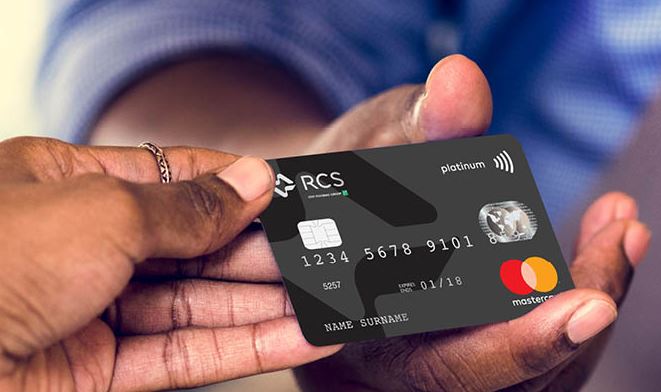The second half of the year is more than just a continuation—it’s an opportunity. Whether your finances are on track or feel a bit out of control, the mid-year point is the perfect time to pause, reassess, and realign your financial life. A thoughtful reorganization now can make a huge difference by the time December rolls around.
Reflecting on the First Half
Before you look forward, take time to look back. How did your finances perform in the first six months? Did you follow your budget? Did unexpected expenses throw you off course? Are you closer or further from the goals you set at the beginning of the year?
This reflection isn’t about guilt—it’s about clarity. Understanding your financial patterns, both positive and negative, gives you the information you need to move forward with intention and confidence.
Resetting Financial Goals
Goals are not set in stone. Your priorities may have shifted, your income may have changed, or life might have thrown you a curveball. Now is the time to revisit and reset your financial goals based on your current reality.
Maybe you need to adjust the amount you’re saving, change the timeline for a big purchase, or shift focus from aggressive investing to building a stronger emergency fund. Realistic goals keep you motivated and prevent discouragement when things don’t go exactly as planned.
Creating a Leaner, Smarter Budget
Your budget is your financial GPS—and it works best when updated regularly. Use the second half of the year to create a smarter, more efficient version of your budget.
Factor in seasonal costs like back-to-school shopping, holiday spending, travel plans, or tax payments. Identify areas where you’ve been overspending and look for ways to cut back. Allocate more to what matters most: savings, debt repayment, and investments that build long-term security.
Paying Down Debt Strategically
If debt is holding you back, now is the time to face it head-on. Make a list of what you owe, including interest rates and minimum payments. Then choose a strategy that fits your lifestyle—whether it’s the snowball method (starting with the smallest debts) or the avalanche method (tackling the highest-interest ones first).
Even small, consistent extra payments can lead to major progress over the next six months.
Rebuilding or Boosting Your Emergency Fund
Unexpected expenses don’t wait for the right moment. A solid emergency fund is the financial cushion that protects your peace of mind. If your fund took a hit earlier in the year—or if you never got around to building one—now is the time to act.
Start small if needed. Consistency matters more than size in the beginning. The goal is to build a reserve that can cover 3 to 6 months of essential expenses over time.
Automating Good Financial Habits
Success in personal finance often comes down to systems, not willpower. Automate whatever you can: bill payments, savings transfers, investment contributions. When good habits happen without needing daily effort, they become sustainable.
Automation helps you stay consistent, avoid late fees, and protect your progress even on your busiest days.
Planning Ahead for End-of-Year Expenses
The last three months of the year are typically filled with expenses—gifts, trips, celebrations, and more. Start planning now to avoid financial stress later.
Set aside a small amount each week or month for holiday spending. Create a gift budget in advance. Look for deals early. Preparing now helps you enjoy the season without regret in January.
Staying Focused and Accountable
Motivation tends to fade—but systems and accountability keep you on track. Consider checking in with a friend, family member, or financial coach. Track your progress monthly. Celebrate small wins.
Financial reorganization is not about being perfect—it’s about being intentional and adaptable. Staying connected to your goals and values will keep you grounded when temptations or setbacks come.
Closing Thoughts
Reorganizing your finances for the last six months of the year isn’t just a smart move—it’s a powerful one. With renewed focus, updated goals, and better systems, you can finish the year in a stronger, more confident financial position.
It’s not too late to take control. Start today, and by the end of the year, you’ll be proud of how far you’ve come.






